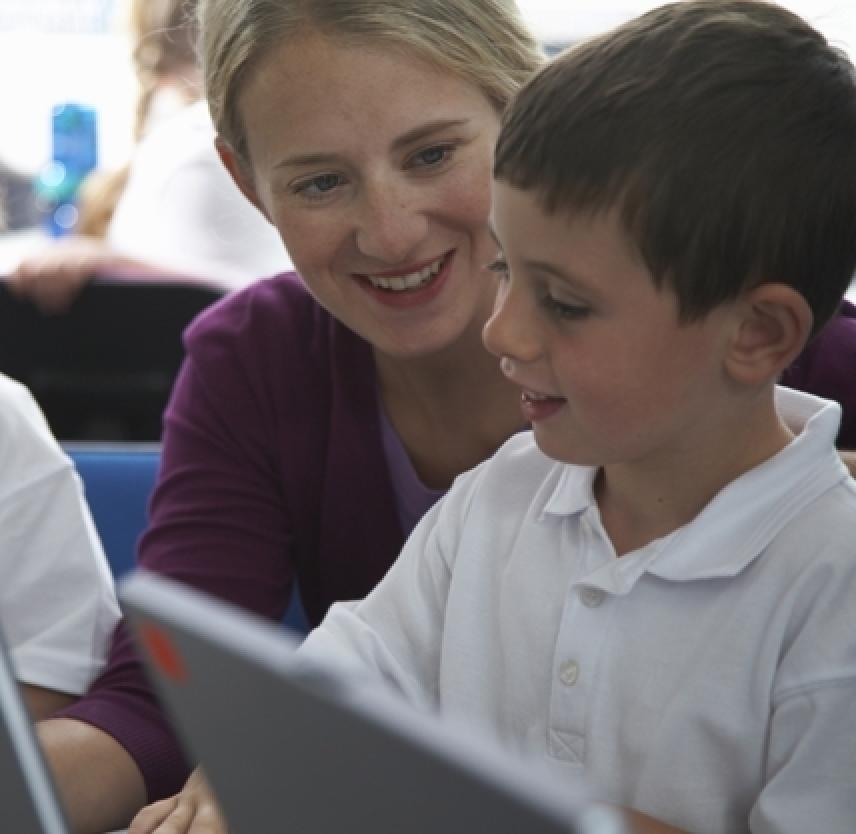
Don’t assume that your student will start an activity independently just because he knows what he is supposed to do or can say what he plans to do. When a student has trouble putting his thoughts into action he is probably not “unmotivated,” “disinterested,” or “lazy.”
Use everyday activities to build skills:
- With younger children, play “Simon Says.”
- Give a physical prompt to help him get started .
- Involve your child in structured and supervised groups that meet on a routine basis (clubs, Girl/Boy Scouts, sporting teams, etc.).
- Assign co-leadership with another peer who can serve as a model in classroom workgroups, games or P.E. activities, or club projects.
Change the environment:
- Initiation difficulties require adult intervention and planning. Do not interpret passivity as a lack of interest.
- Do not give instructions about future behaviors or activities; focus on the immediate situation.
- As the adult, you need to take the initiative. For example, assign workgroups or pairs for a classroom project, instead of assuming ability to work independently.
Teach new skills:
- Teach your child to use cues, such as a watch alarm, timer, picture checklist, or a written schedule to remind himself to get started on an activity.
- Tape record your student’s morning routine as he goes through it one day, recording specific prompts to go from one activity to the next. Then, allow him to try the routine using only the tape recording, with yourself “standing by” for assistance or to make changes in the tape.
- Establish “say-do” routines in which you help your child to first state what he is going to do and them immediately do it.
- Don’t wait for your child to initiate age appropriate social activities. Anticipate and plan events that you know he will enjoy. Social relationships will develop more easily in small groups.
See other BrainSTARS articles.
From BrainSTARS, Brain Injury: Strategies for Teams And Re-education for Students, © 2002 Jeanne Dise-Lewis, PhD. Used with permission. The manual is available in English and Spanish. For more information or to order copies, call 720.777.5470 or chris.moores@childrenscolorado.org. A short video on how to use the BrainSTARS manual is available at www.youtube.com/BrainSTARSprogram.
